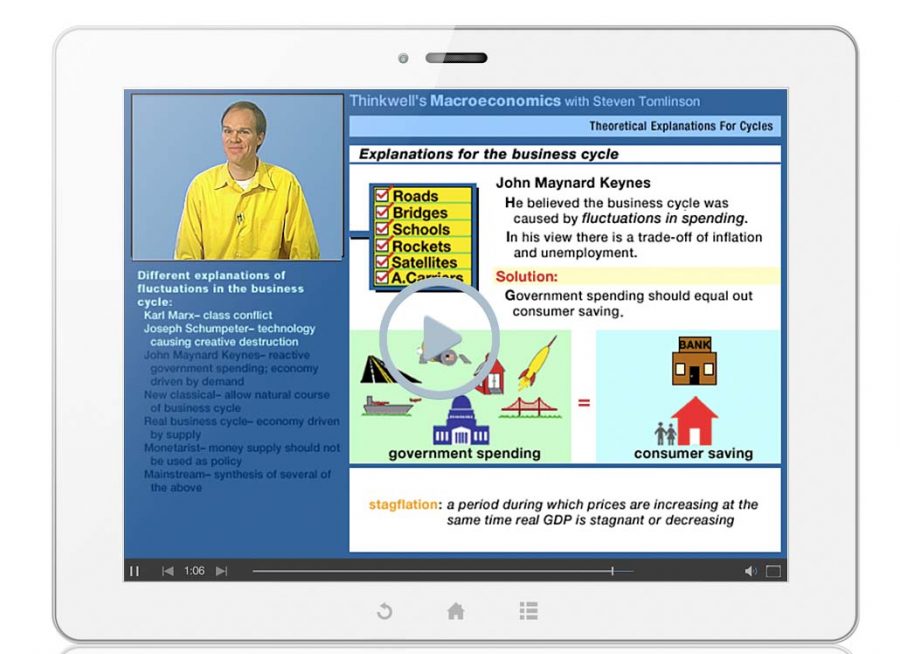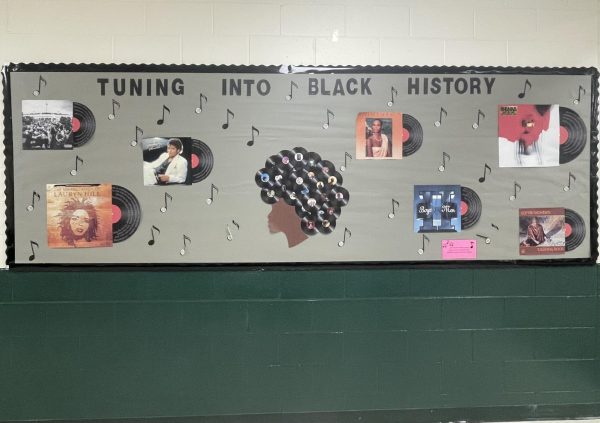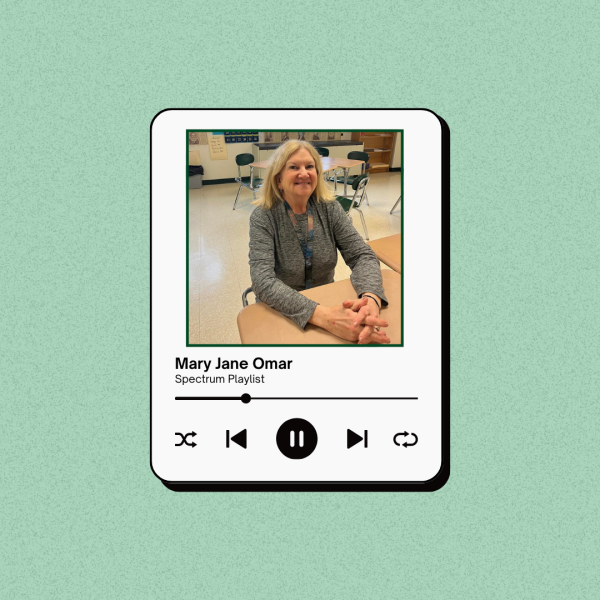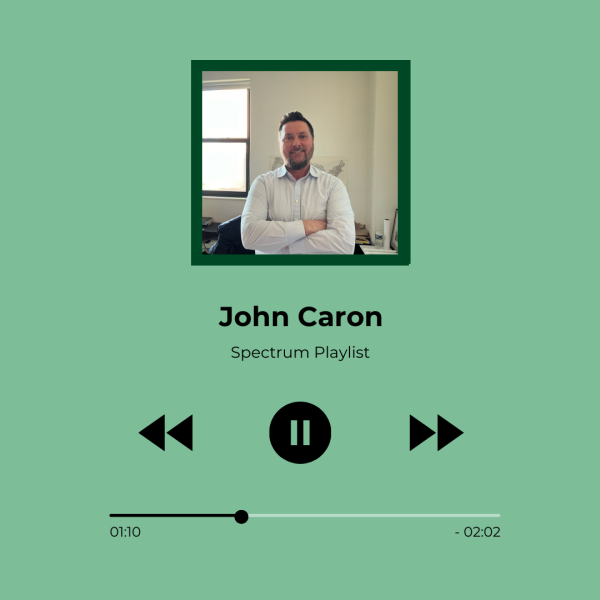Dual Enrollment and Independent Study: Surviving in the seven period schedule
The Thinkwell website where senior Charlotte Correiro is taking a macroeconomics class that is not offered at DHS.
With the recent switch in semesters, DHS upperclassmen are adapting to new Dual Enrollment and Independent Study courses, as well as to the new schedule and rules issued by administration.
According to the DHS Student Handbook, Dual Enrollment offers sophomores, juniors, and seniors the opportunity to take classes at a local college, for both high school and college credit. To be eligible, a student must have a GPA of 3.0 or higher, be recommended to take a college-level course by their guidance counselor, and maintain a 3.0 GPA or higher in their dual enrollment course.
“Students can take any course not offered here,” said guidance counselor Melissa Fitzgerald. This semester, five DHS students are participating in Dual Enrollment courses at either Bristol Community College or the University of Massachusetts Dartmouth. Many of these are night classes, due to shortened class periods at DHS.
Senior Abigail Keith is currently enrolled in Physics 113 at UMass Dartmouth, which consists of three 50-minute lectures, one 1-hour recitation, and one 2-hour lab, all on a weekly schedule.
“The administration was reluctant to let me take a physics class because we offer physics classes at DHS,” said Keith. However, since DHS allows students to take any college course not offered at AP level, Keith’s enrollment was permitted.
“I think it’s a great opportunity that we have and should definitely be advocated for much more vocally,” she said.
Independent Study, on the other hand, must be requested by the student and approved by administration, according to Miss Fitzgerald. This normally occurs when a student has taken all classes that DHS offers in a certain subject or wishes to participate in an online course.
Senior Charlotte Correiro is currently taking an online Macroeconomics course on an independent learning site called Thinkwell. “I wanted to take an economics class,” she said, “but there’s no honors or AP level offered at DHS.”
Correiro paid for the course herself and receives one free block for Independent Study, but says she has faced roadblocks in completing the workload. Due to the nature of her course and the school’s Chromebook firewall, she has had trouble with loading the course’s video lectures. “The tech people have been very nice,” she said, despite the problems she has encountered.
One discrepancy students in Dual Enrollment and Independent Study have faced is the change in how their courses are weighted. The DHS website says that “all courses at an institution of higher learning will be given advanced placement weight.” The Student Handbook, however, states that “dual enrollment classes will be given HONORS weight,” beginning with the Class of 2019. Both Keith and Correiro will receive honors credit for their respective courses.
History teacher Bryan Hellkamp, who took Psychology 101 for Dual Enrollment when he was a member of the Class of 2003, said he believed that college-level courses should receive AP credit. “We treat AP classes as college-level,” he said. “If we are promoting that, it’s only fair to give the same credit to actual college courses.”
Miss Fitzgerald expressed a similar sentiment, saying how she felt it was unfair to tell college professors that their courses are only worth honors credit. “My concern is that the lowered weight will discourage students from taking accelerated courses,” she said.
Head of Guidance Bridgit Dasilva was unavailable for comment on the subject.
DHS’s Dual Enrollment program is offered through the Massachusetts Department of Higher Education’s Commonwealth Dual Enrollment Partnership, or CDEP. This program not only recommends that accelerated courses be given Advanced Placement weight, but offers discounted or free tuition for said courses. DHS students, however, pay out of pocket for any and all college-level courses they take.
CDEP also requires students to have a minimum high school GPA of 2.5, while DHS’s minimum is 3.0. Correiro believes that Dual Enrollment is marketed towards students with GPAs that are considerably higher than the minimum. “Dual enrollment is not really encouraged,” she said. “It’s more of an alternative. And Independent Study is not talked about at all.”
Keith agreed that Dual Enrollment and Independent Study should be open to a wider range of students, saying that a student should be eligible “as long as [they have] shown that they are willing to put in the work.”
Regardless, the overall response to accelerated courses such as Dual Enrollment and Independent Study has been positive. “It gives students an opportunity to experience what college is all about, while still being in an environment that they’re familiar with,” said Mr. Hellkamp.
“It’s an incredible experience,” said Miss Fitzgerald. “I wish more kids would do it.”










